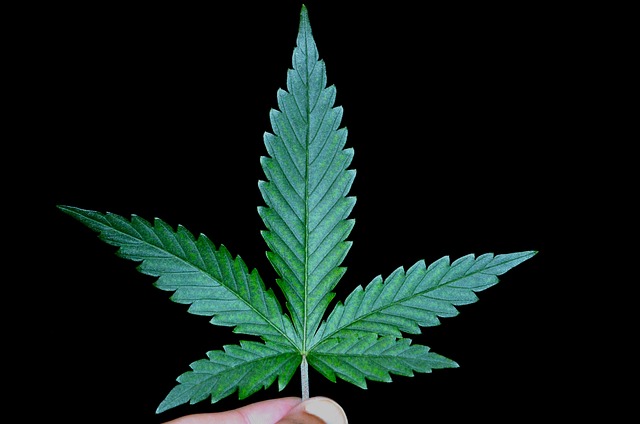The relationship between THCA (tetrahydrocannabinolic acid) and CBD's effects on sleep quality has been a focus of recent research. Both cannabinoids interact with the endocannabinoid system, influencing sleep patterns, but they differ in their therapeutic properties and potential impact on sleep. THCA, the precursor to THC, offers sedative benefits without psychoactive effects, which may be beneficial for those seeking improved sleep without altering mental states. It has been observed that THCA could facilitate the onset of sleep and enhance its continuity, potentially leading to deeper, more restorative sleep. In contrast, CBD is non-psychoactive and is known for its calming effects, which may improve overall sleep quality without the risk of grogginess. While both THCA and CBD have been studied for their potential to aid sleep, THCA appears to be more potent in promoting quality sleep, although individual responses can vary. Users should start with low doses and consult healthcare professionals before using these compounds, especially considering potential interactions with other medications or health conditions. The choice between THCA and CBD for sleep optimization should be tailored to each individual's needs and body responses, ensuring safe and effective use of these natural alternatives.
Exploring the nuanced effects of THCA flower on sleep quality, this article delves into the comparative advantages it holds over CBD. As we dissect the science behind how these compounds interact with our sleep architecture, we’ll uncover the unique roles terpenes play in optimizing restful slumber. With a focus on the potential side effects of THCA and its contrast to CBD, particularly in managing insomnia, readers will gain a comprehensive understanding of dosage considerations for enhanced sleep quality. This exploration sheds light on why THCA vs CBD for sleep is becoming a topic of significant interest among those seeking natural solutions for better rest.
- Unraveling THCA Flower's Impact on Sleep Quality: A Comparative Analysis with CBD
- What is THCA and How Does it Affect Sleep?
- THCA vs CBD for Insomnia: Understanding the Differences in Efficacy
- The Role of Terpenes in THCA Flowers and Their Influence on Sleep Patterns
- Potential Side Effects of THCA Flower Use and How They Compare to CBD
- Navigating Dosage: Finding the Right Balance with THCA and CBD for Restful Sleep
Unraveling THCA Flower's Impact on Sleep Quality: A Comparative Analysis with CBD
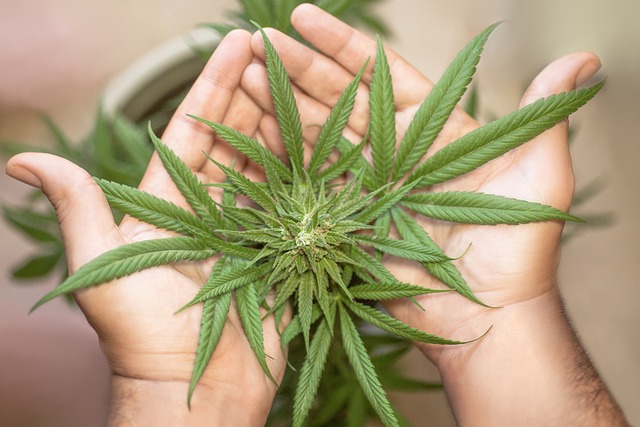
Unraveling the effects of THCA flower on sleep quality has been a subject of growing interest, particularly when juxtaposed with CBD. Both compounds found in the cannabis plant have distinct interactions with the human endocannabinoid system, influencing sleep patterns differently. THCA, or tetrahydrocannabinolic acid, is the precursor to THC and exhibits a more subtle psychoactive effect compared to its decarboxylated form. Research suggests that THCA may offer sedative properties without the psychoactive high associated with THC, making it a potential alternative for individuals seeking improved sleep quality. Conversely, CBD, or cannabidiol, is non-psychoactive and has been widely studied for its therapeutic effects, including its potential to improve sleep through indirect interactions with the endocannabinoid system.
When comparing THCA vs CBD for sleep, it’s evident that both compounds can influence sleep architecture differently. THCA’s sedative properties may be more effective in inducing and maintaining sleep, potentially leading to a more restorative night’s rest. On the other hand, CBD is often reported to enhance overall sleep quality without causing grogginess upon waking. This distinction could be crucial for individuals requiring restorative sleep rather than mere sedation. Additionally, the entourage effect, where cannabinoids are believed to work synergistically when consumed together, may play a role in optimizing sleep quality when using both THCA and CBD in concert. Users interested in exploring these compounds should consider their unique sleep challenges and consult with healthcare professionals to navigate the best approach for their individual needs.
What is THCA and How Does it Affect Sleep?
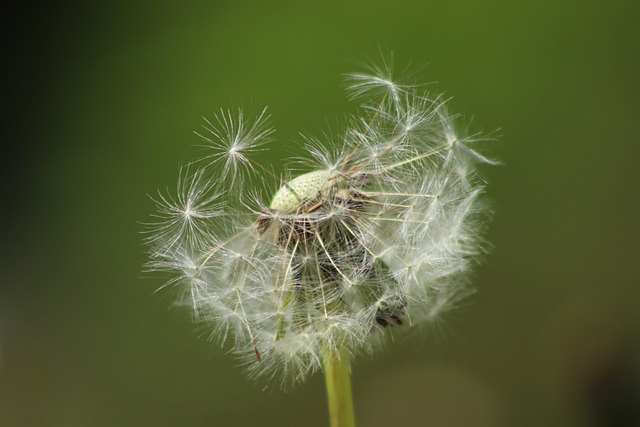
Tetrahydrocannabinolic acid (THCA) is the non-psychoactive precursor to delta-9-tetrahydrocannabinol (Delta-9 THC), which is the primary psychoactive component of cannabis. While both THCA and CBD (cannabidiol) interact with the body’s endocannabinoid system, their effects can differ significantly, particularly when it comes to sleep. THCA has been found to have a biphasic effect on sleep; in lower doses, it may stimulate wakefulness and alertness, while in higher doses, it can induce sedation and promote restful sleep. This dual action makes THCA a potentially versatile compound depending on an individual’s specific sleep needs.
Research suggests that THCA may offer benefits for sleep architecture, potentially improving the quality of both REM and non-REM sleep. Unlike CBD, which is known for its calming and relaxing effects without the psychoactive “high,” THCA does not have intoxicating properties, making it a more suitable option for those sensitive to THC or living in environments where drug testing is a concern. When comparing THCA vs CBD for sleep, users may find that THCA’s effects are more potent and targeted towards sleep regulation due to its affinity for the CB1 receptors in the brain, which play a crucial role in controlling sleep cycles. As with any supplement or medication, individual experiences with THCA can vary, and it is advisable to consult with a healthcare professional before incorporating THCA into a sleep regimen.
THCA vs CBD for Insomnia: Understanding the Differences in Efficacy
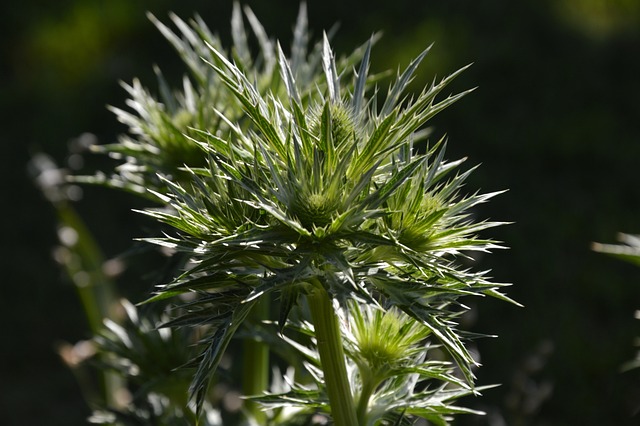
THCA, or tetrahydrocannabinolic acid, and CBD, or cannabidiol, are both compounds found in the Cannabis sativa plant. While they share a similar origin, their effects on sleep and insomnia can differ significantly. THCA is the precursor to THC, the primary psychoactive component of cannabis, and has been shown to exhibit sedative properties, potentially making it effective for managing insomnia. Users report feelings of relaxation and reduced anxiety, which can facilitate the onset of sleep. Unlike THC, THCA does not produce psychoactive effects when consumed in its raw or extracted form, making it an attractive option for those seeking relief from sleep disturbances without the ‘high’ associated with cannabis use.
On the other hand, CBD is a non-psychoactive compound that has gained popularity for its therapeutic benefits, including its potential to improve sleep quality and duration. Studies suggest that CBD may help alleviate anxiety and chronic pain, which are common culprits of insomnia. Its calming effects can aid in falling asleep faster and enjoying a more restful night’s sleep. Unlike THCA, CBD is available in various forms, such as oils, capsules, and topicals, offering users versatility in how they choose to ingest or apply it. Both compounds have unique mechanisms of action, but when considering THCA vs CBD for sleep, individuals should weigh their personal health needs, local legal considerations, and desired outcomes when choosing between these two cannabinoids. Users may find that one compound works better than the other based on individual physiology and the specific type of insomnia they are experiencing. As with any supplement or medication, it is advisable to consult with a healthcare professional before incorporating THCA or CBD into a wellness routine for sleep management.
The Role of Terpenes in THCA Flowers and Their Influence on Sleep Patterns
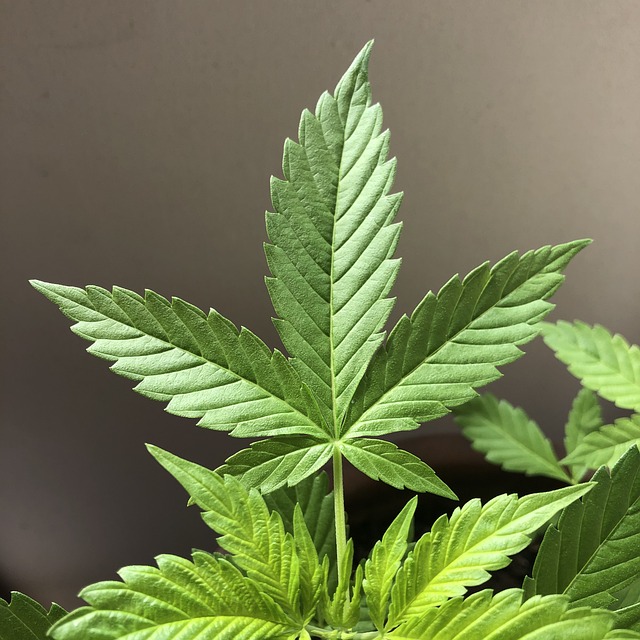
THCA, or tetrahydrocannabinolic acid, is a non-psychoactive cannabinoid found in hemp and cannabis plants that has garnered attention for its potential therapeutic properties. Among these, the influence of THCA on sleep patterns is noteworthy. Unlike its psychoactive counterpart THC, THCA does not induce intoxication but interacts with the body’s endocannabinoid system, which plays a significant role in regulating various bodily functions, including sleep. Terpenes, the aromatic compounds found alongside cannabinoids in the cannabis plant, further enhance THCA’s effects. These natural constituents contribute to the entourage effect, where the combined action of cannabinoids and terpenes is believed to be more effective than any single compound alone.
For individuals seeking better sleep, THCA flowers rich in specific terpenes such as myrcene, limonene, and linalool may offer a natural alternative to traditional sleep aids. Myrcene, for instance, is known for its sedative properties and is often associated with relaxation and stress relief. Limonene can uplift mood and reduce anxiety, while linalool has been studied for its efficacy in improving the quality of sleep. The comparison between THCA vs CBD for sleep reveals that while both cannabinoids have potential benefits, THCA’s interaction with the body’s systems may offer a more profound impact on sleep patterns, particularly when combined with the synergistic effects of certain terpenes. Users interested in exploring THCA flowers for better sleep should consider consulting with a healthcare professional to ensure safe and effective use, especially given individual differences in how these compounds are processed.
Potential Side Effects of THCA Flower Use and How They Compare to CBD
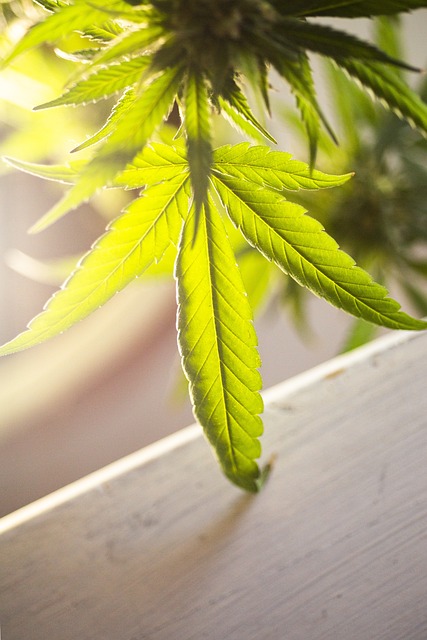
THCA, or tetrahydrocannabinolic acid, is a non-psychoactive cannabinoid found in the Cannabis sativa plant that retains psychoactive properties once heated, as it converts to THC. While research on THCA is ongoing, initial studies suggest it may offer therapeutic benefits including potential analgesic and anti-inflammatory effects, without the immediate mind-altering impacts of its counterpart, THC. When considering the use of THCA flower for sleep, it’s worth noting that users might experience side effects such as drowsiness, dry mouth, and reduced blood pressure. These are generally mild and comparable to those associated with CBD, which is another non-psychoactive cannabinoid known for its calming and soothing properties. Unlike THCA, CBD does not convert to THC under heat; thus, it’s often considered a safer option for those sensitive to or wishing to avoid psychoactive effects. Both compounds have been explored for their potential to improve sleep quality, with CBD being more widely studied and recognized for its use in promoting restful sleep without the risk of intoxication. Users considering THCA flower should be aware that while it may offer benefits similar to CBD for sleep, individual responses can vary, and more research is needed to fully understand its effects and side effect profile compared to CBD. It’s also important to note that both compounds should be used responsibly and in accordance with local laws and regulations.
Navigating Dosage: Finding the Right Balance with THCA and CBD for Restful Sleep
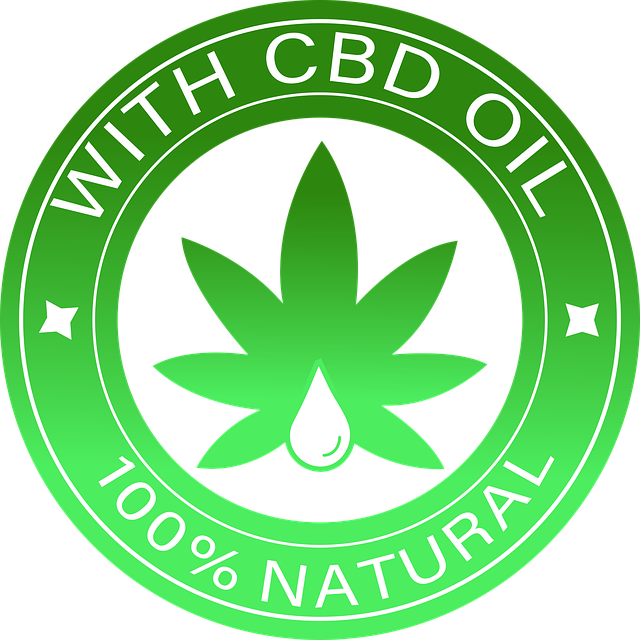
When exploring the effects of THCA and CBD on sleep, it’s crucial to understand how each can influence restfulness and to navigate dosage effectively. THCA, or tetrahydrocannabinolic acid, is a non-psychoactive cannabinoid found in the hemp plant that is believed to have potential therapeutic effects. Unlike its counterpart CBD (cannabidiol), which also does not induce psychoactive effects, THCA is gaining attention for its potential sleep-regulating properties. Users often report feelings of relaxation and reduction in anxiety, which can facilitate a more restful state conducive to sleep.
Determining the right balance between THCA and CBD for restful sleep involves considering individual body chemistry, tolerance levels, and specific sleep challenges. Generally, both cannabinoids have been reported to aid in falling asleep faster and improving overall sleep quality. However, the optimal dosage can vary greatly; it’s not uncommon for individuals to experiment with different ratios of THCA to CBD to find what works best for them. It’s often recommended to start with a low dose and gradually increase it, monitoring effects and adjusting accordingly. This cautious approach allows users to avoid any adverse side effects that might arise from too high a dosage. Additionally, timing the intake of THCA or CBD close to bedtime can enhance their sleep-promoting benefits, as the body processes these compounds more slowly at night. Users should always consult with healthcare professionals before incorporating THCA and CBD into their sleep routine, especially if they are taking other medications or have pre-existing health conditions. With careful consideration of dosage and personalized experimentation, both THCA and CBD may offer a natural alternative for those seeking to improve their sleep quality.
In our exploration of how THCA flower interacts with sleep quality, we’ve delved into various facets, including its comparative effects relative to CBD. The comprehensive analysis presented underscores the nuanced differences between THCA and CBD, particularly in addressing sleep disturbances. As evidenced by the research, THCA may offer distinct benefits, with its efficacy potentially outweighing that of CBD for some individuals. The influence of terpenes found in THCA flowers further complicates this picture, suggesting a personalized approach to achieving restful sleep. It’s clear from our findings that while both compounds have potential side effects, understanding the optimal dosage is crucial for maximizing their benefits and minimizing any adverse effects. For those seeking natural alternatives to improve sleep, the debate between THCA vs CBD for sleep becomes a matter of personal preference, body chemistry, and desired outcomes. In conclusion, users are encouraged to consult healthcare professionals when considering incorporating THCA flower or CBD into their wellness regimen, especially for sleep-related issues.
